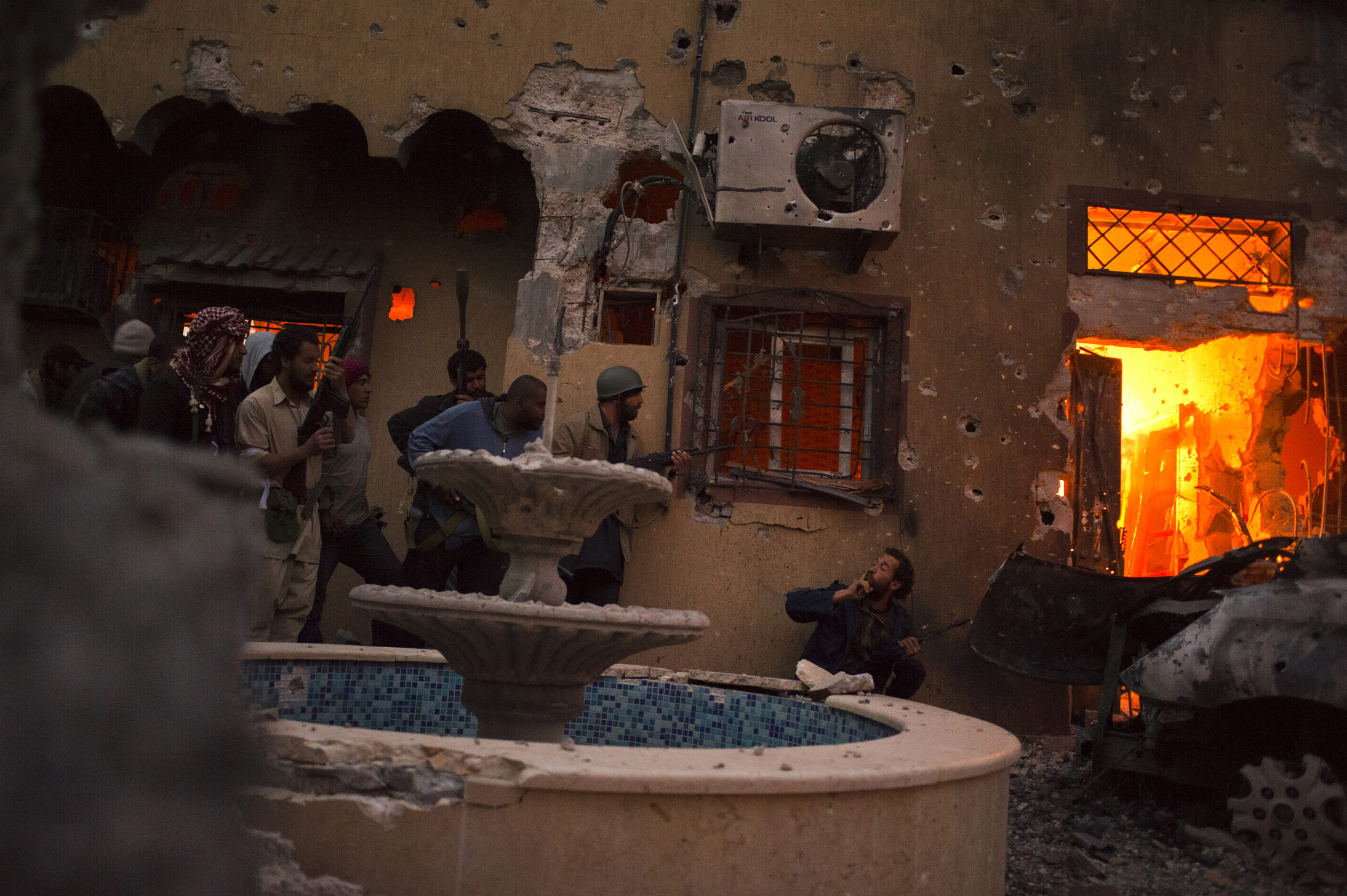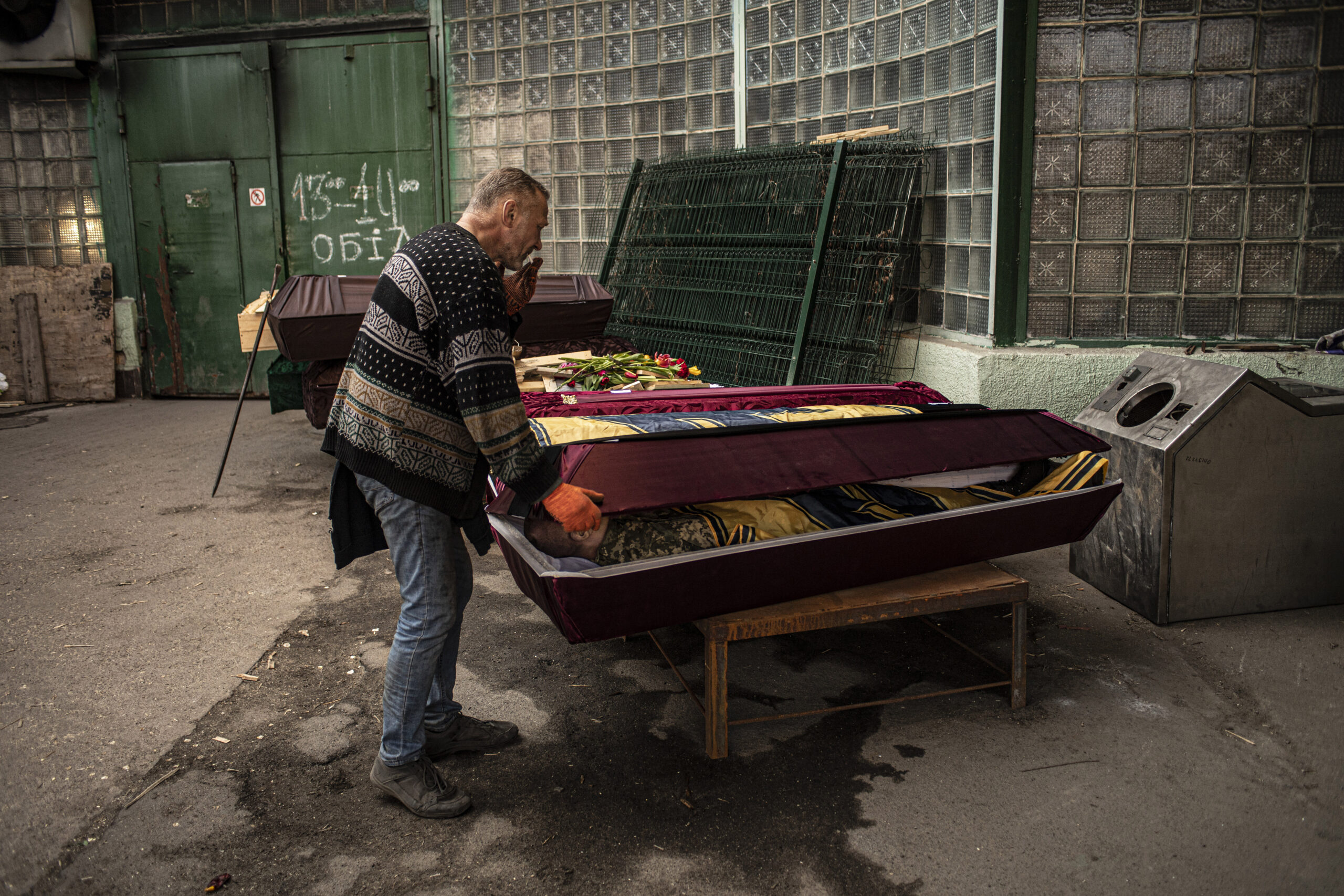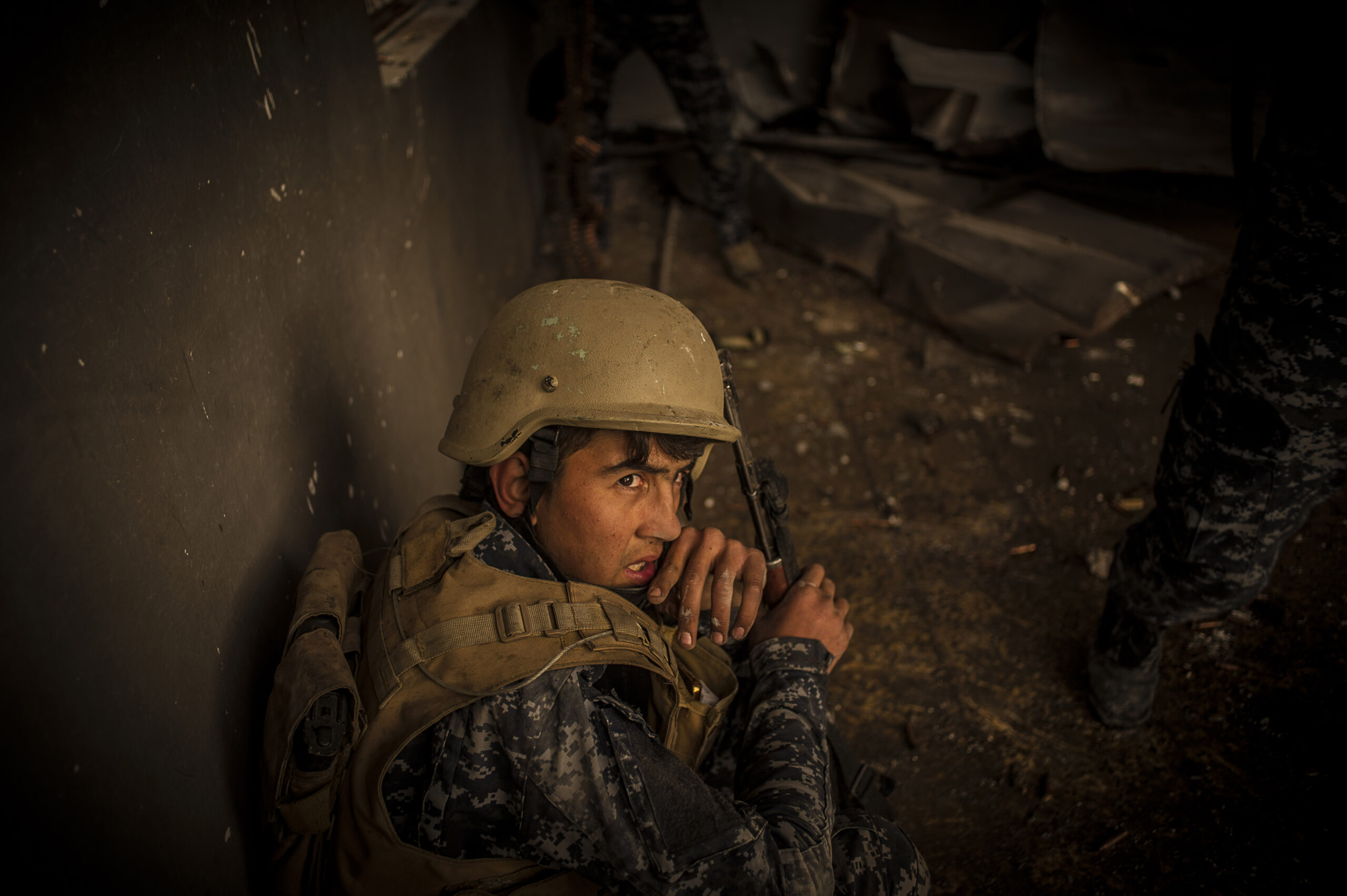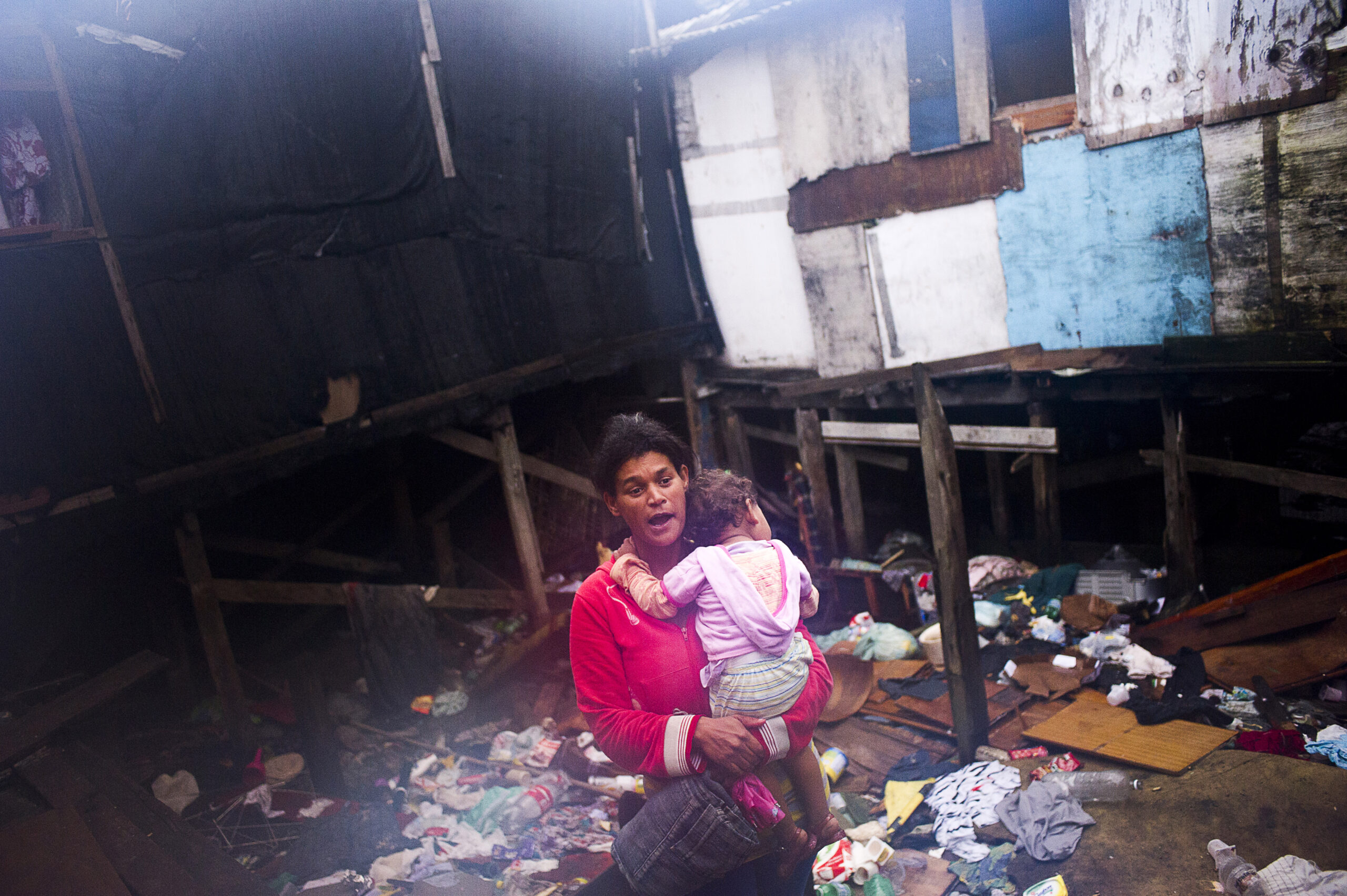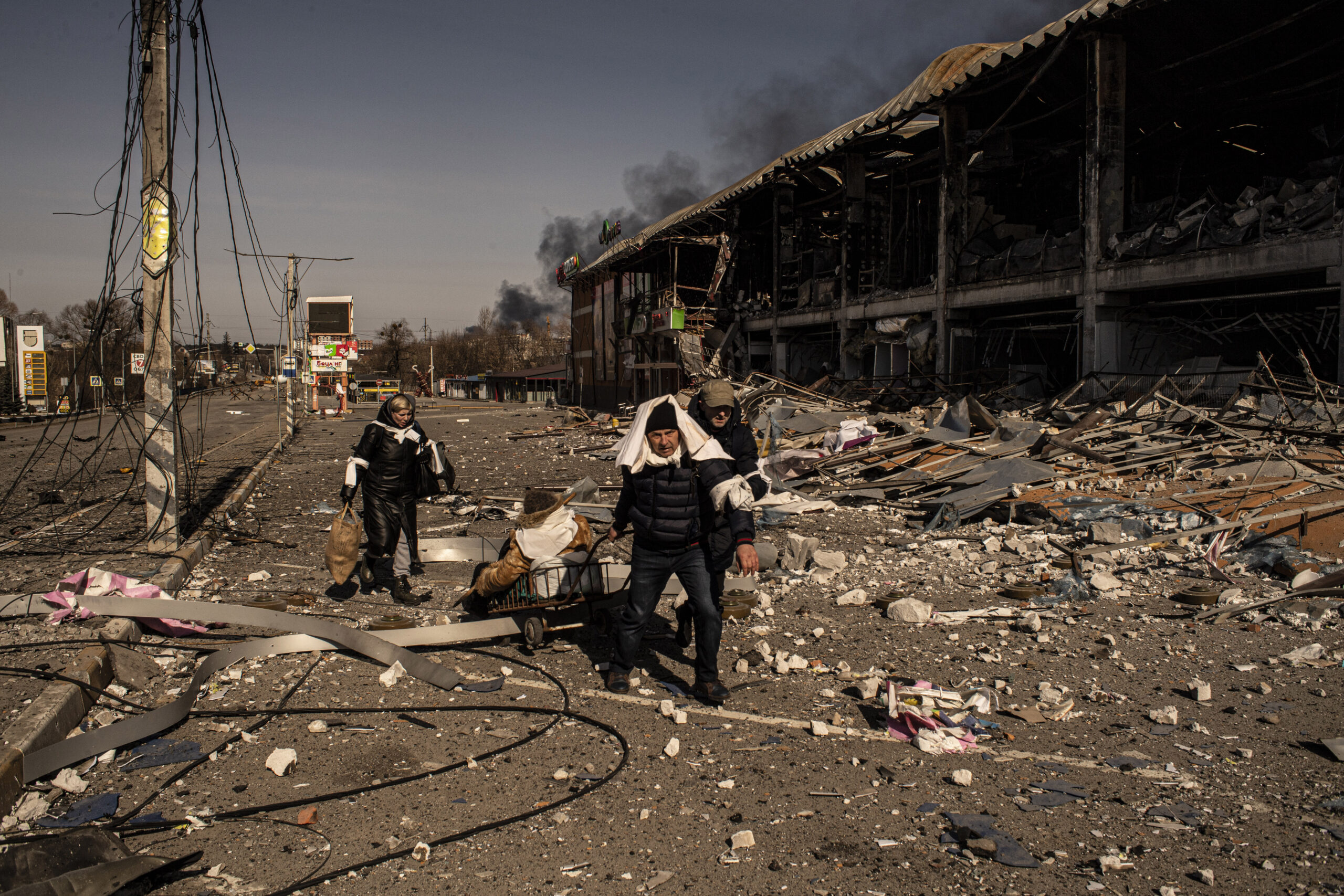Seconded By: John McDermott,
What is trauma? Is psychological pain caused by social suffering the same as depression? In this case, what is sick: the context or the person? Can Western-developed concepts and tools used to explain and measure depression distinguish between social misery and clinical depression?
We try to describe our psychological experiences in terms that we hope can be understood and accepted. In the West, we use the concept of Post-Traumatic Stress Disorder (PTSD) to talk about and explain our feelings. However, is it right or even fair to apply this concept to those living in parts of the world where people endure ongoing trauma? Consider a civilian whose house is demolished and family killed by an occupying army, a woman from a favela who uses her body as the only way out of poverty, a father who sees his daughter brutally murdered despite his efforts to protect and support his family, or a boy recruited by criminal gangs who will spend his life revolving in and out of prison.
Dr. Samah Jabr, from the Palestinian Ministry of Health, argues that clinical definitions of PTSD do not apply to the experiences of those living in ongoing trauma. “PTSD better describes the experiences of an American soldier who goes to Iraq to bomb and returns to the safety of the United States. He has nightmares and fears related to the battlefield, and his fears are imaginary. Whereas for a Palestinian in Gaza whose home was bombarded, the threat of another bombardment is very real. It’s not imaginary. There is no ‘post’ because the trauma is repetitive, ongoing, and continuous. We need to be authentic about our experiences and not impose on ourselves experiences that are not ours.”
This perspective challenges us to reconsider the applicability of Western psychological concepts in different cultural and situational contexts, recognizing the unique and continuous nature of trauma in certain environments.
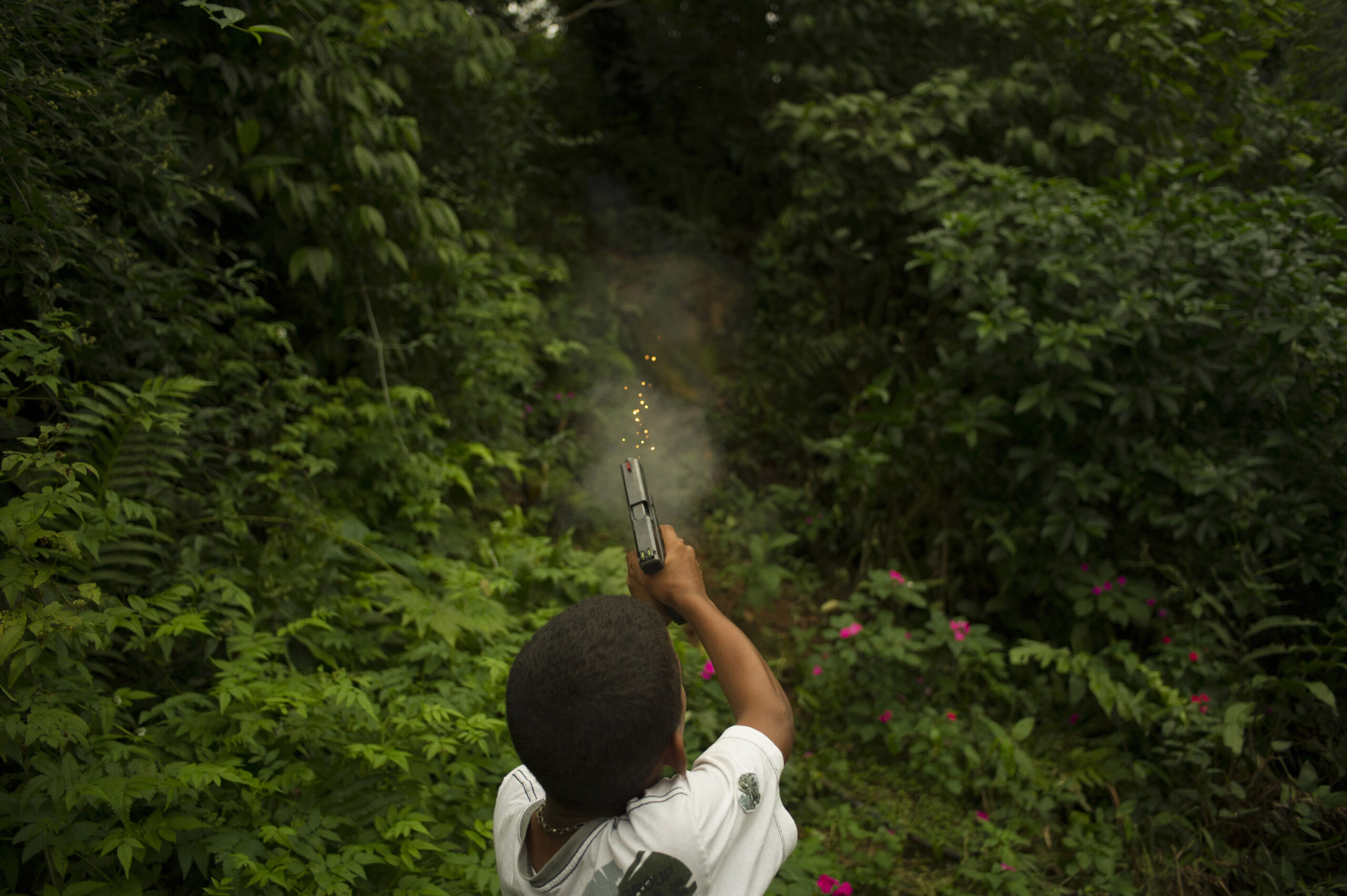
A 10-year-old boy, targeted by a criminal gang in the state of São Paulo in Brazil, fires a pistol at a target.
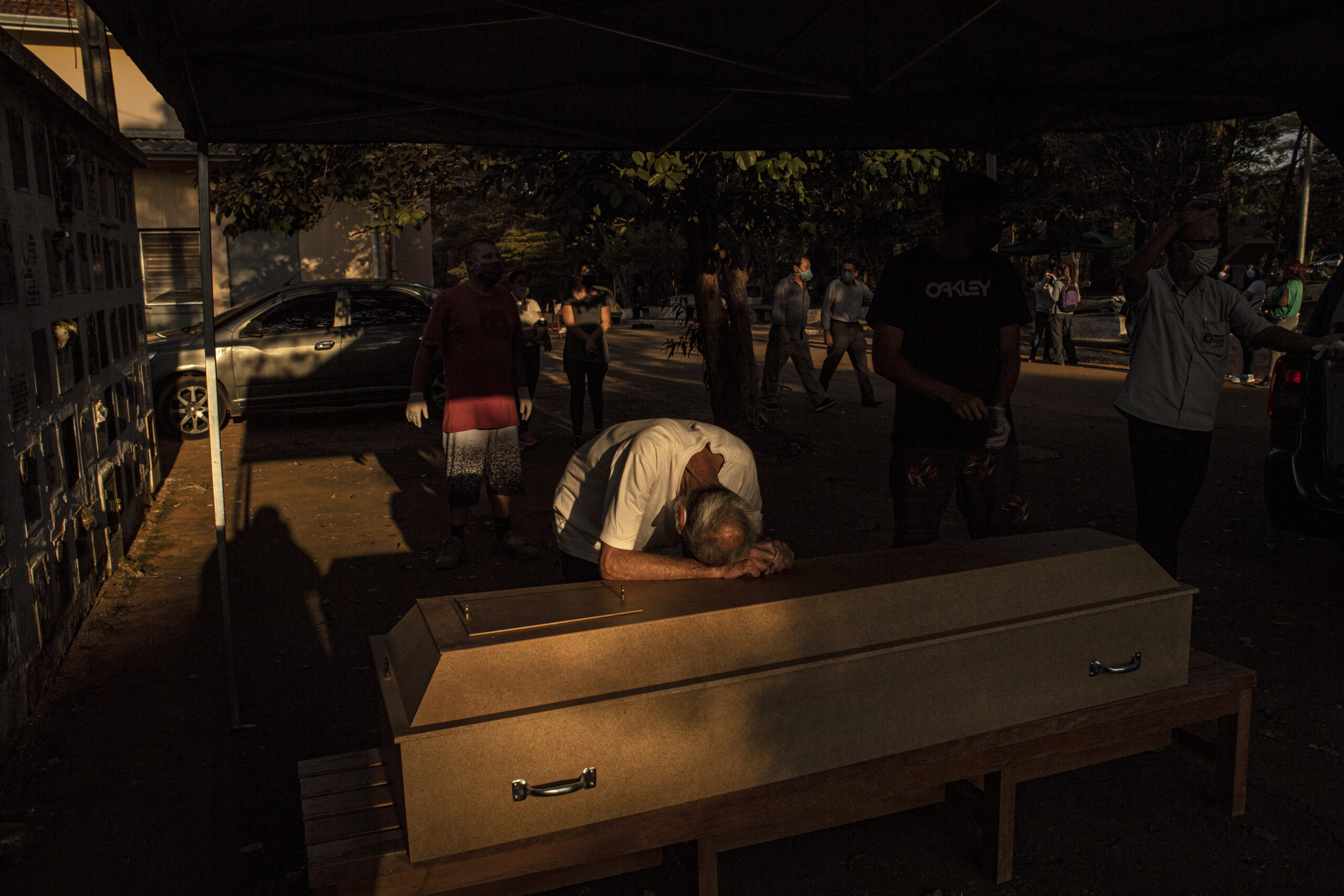
A man cries over the coffin of his wife, a victim of COVID disease. In Brazil, victims of the disease were buried in coffins sealed inside plastic bags, which prevented family members from being able to say a final farewell to their loved ones.
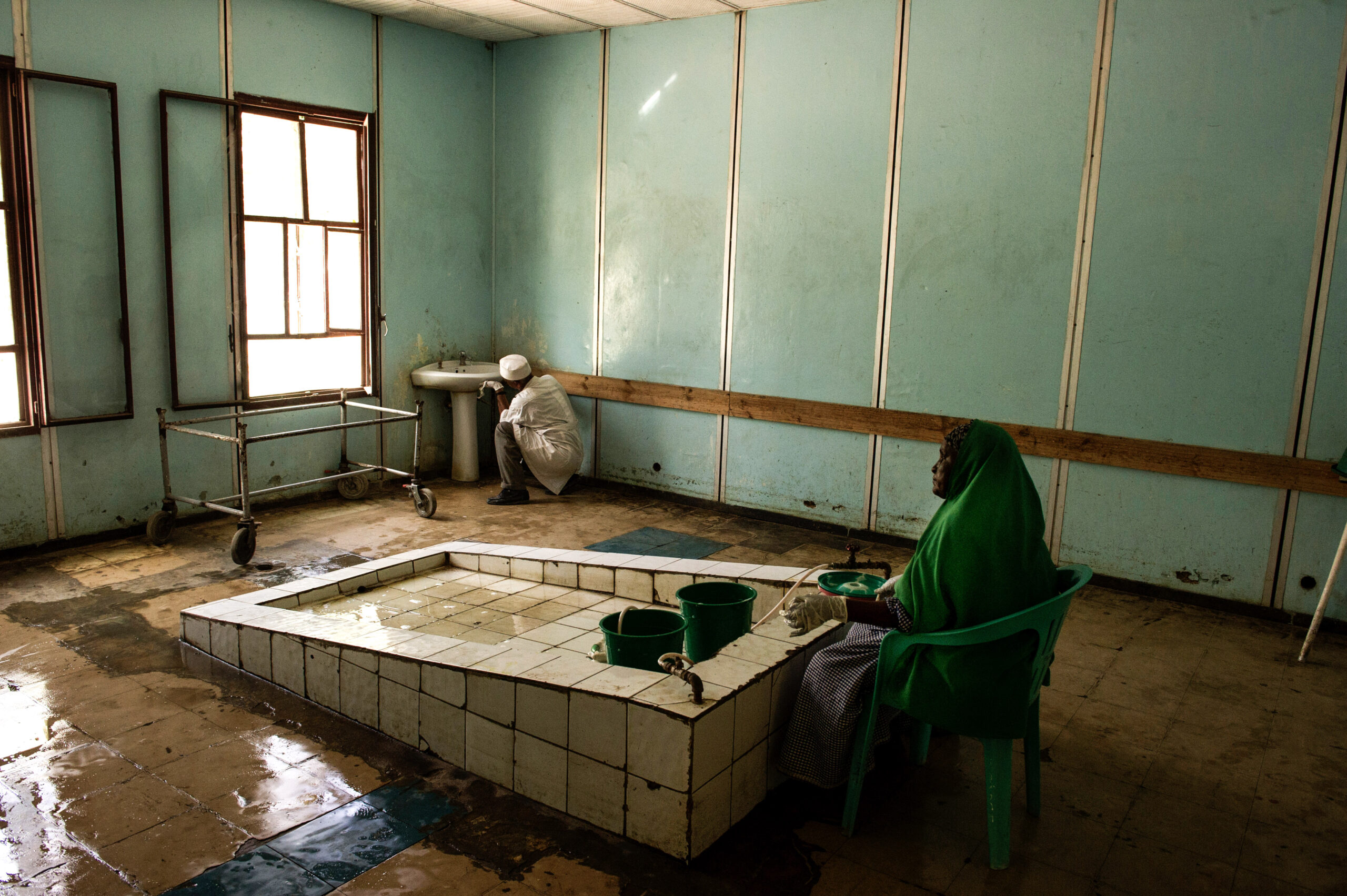
Employees from Medina hospital, the only functioning hospital in the city of Mogadishu during the civil war in Somalia, sanitizing the triage area.
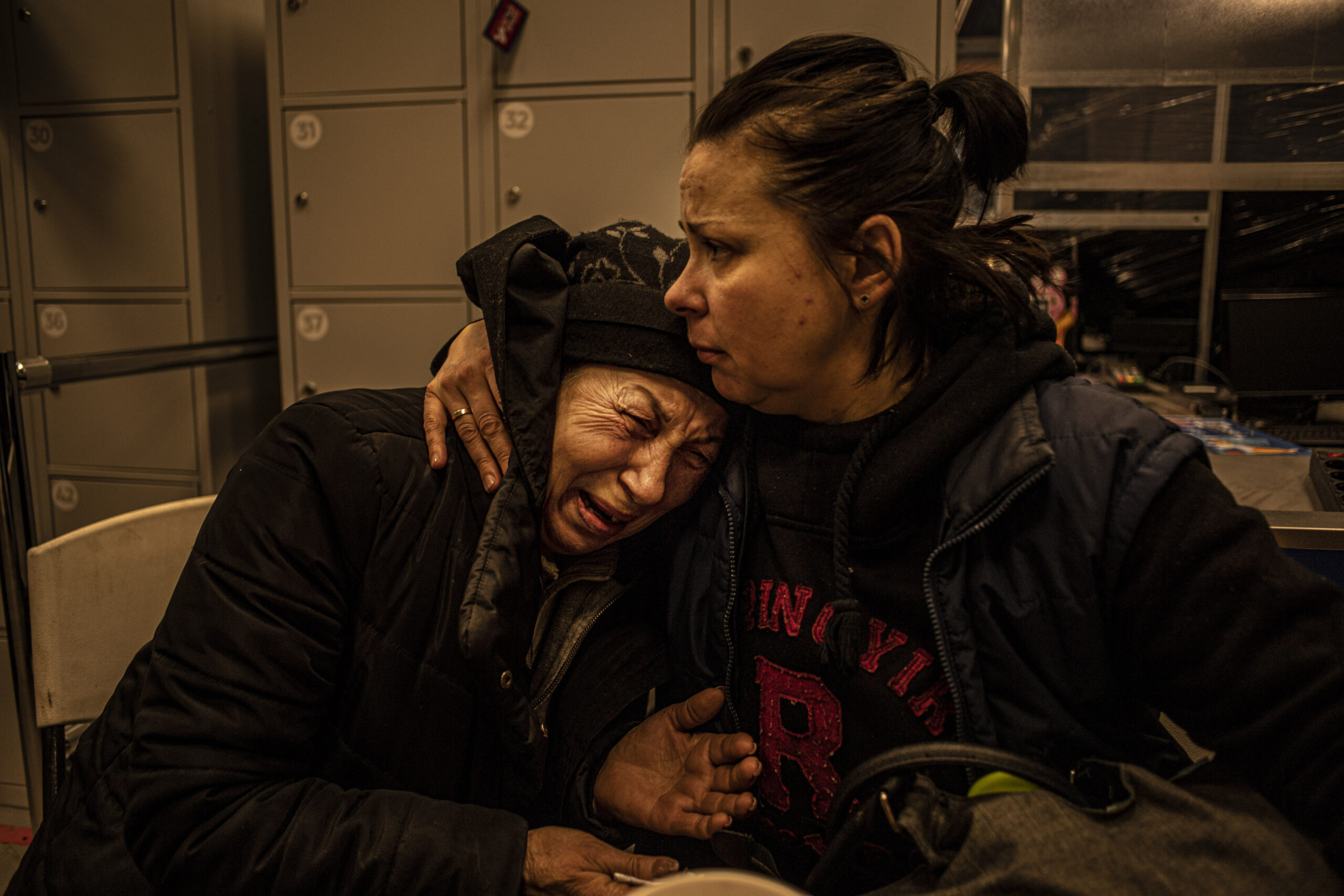
A woman comforting her mother after the two managed to leave the city of Mariuopol in eastern Russia during battles between the Russian army and the Azov Battalion in 2022.
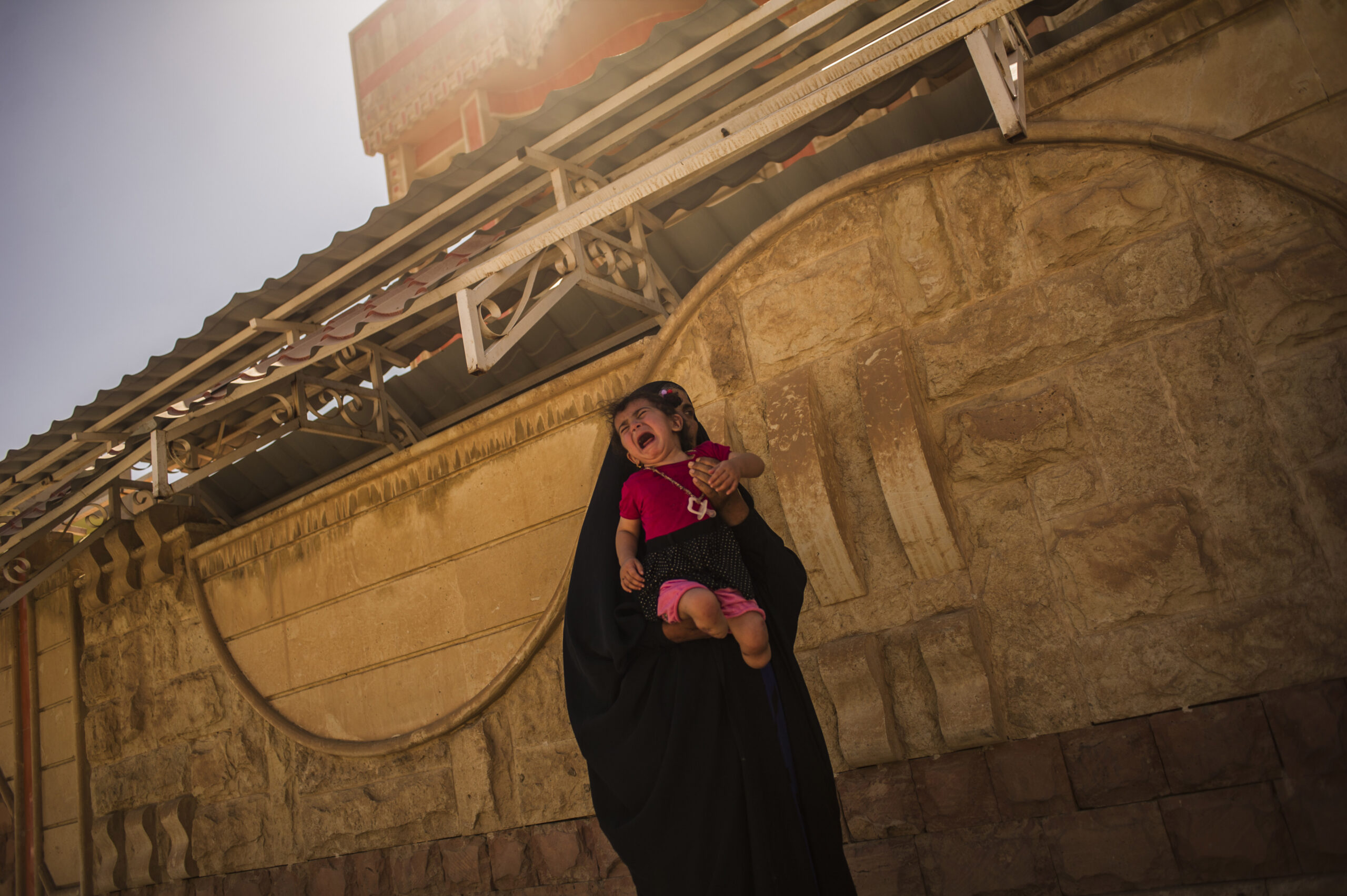
A mother with her daughter in front of a treatment center in the city of Mosul during the war against Islamic State

